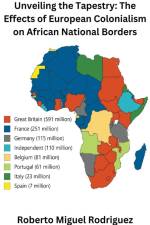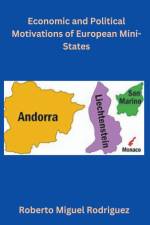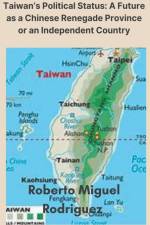av Roberto Miguel Rodriguez
201
"Hamas Unmasked" delves deep into the intricate web of external support, both financial and logistical, that sustains Hamas, an organization often branded as a terrorist entity by many global powers. Drawing on exhaustive research, confidential documents, and insider accounts, the book unveils the hidden channels and shadow networks that have facilitated the growth and operations of Hamas over the years.Highlighted elements of the book include:Origins and Objectives: A foundational exploration of the rise of Hamas, its charter, objectives, and the sociopolitical environment in which it operates.Financial Underpinnings: Detailed examination of the financial conduits that fuel Hamas, tracing funds from private donors, state-sponsored programs, and illicit activities.Weapons and Logistics: Insights into the procurement, smuggling, and manufacturing of arms, as well as the sophisticated tunnel networks and other logistical frameworks.State Patrons and Detractors: Analysis of the complex relationships between Hamas and various states, identifying those that clandestinely or openly provide support, and those that oppose and combat the organization.Diaspora and Sympathizers: Exploration of the global network of sympathizers, including individuals, charities, and community groups, that contribute to Hamas' cause, intentionally or otherwise.Propaganda and Recruitment: A look at the machinery of Hamas' propaganda, its recruitment strategies, and its outreach mechanisms.Challenging the Status Quo: Recommendations for international counter-terrorism bodies, states, and policymakers on mitigating external support and defusing the influence of Hamas.By weaving together the threads of politics, finance, international relations, and insurgency, "Hamas Unmasked" provides a comprehensive view of the multifaceted support systems that sustain and empower Hamas. The book stands as a valuable resource for security experts, policymakers, researchers, and anyone seeking a deeper understanding of the complexities of international terrorism and its underlying networks.





















